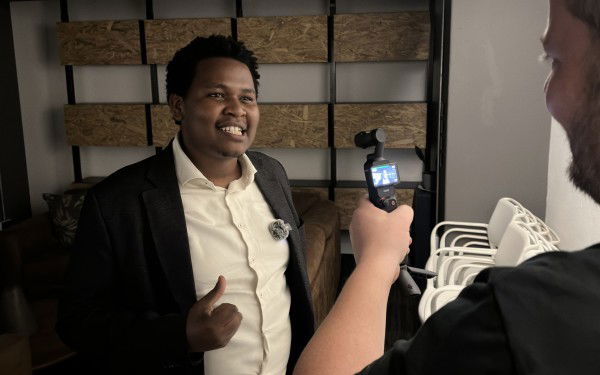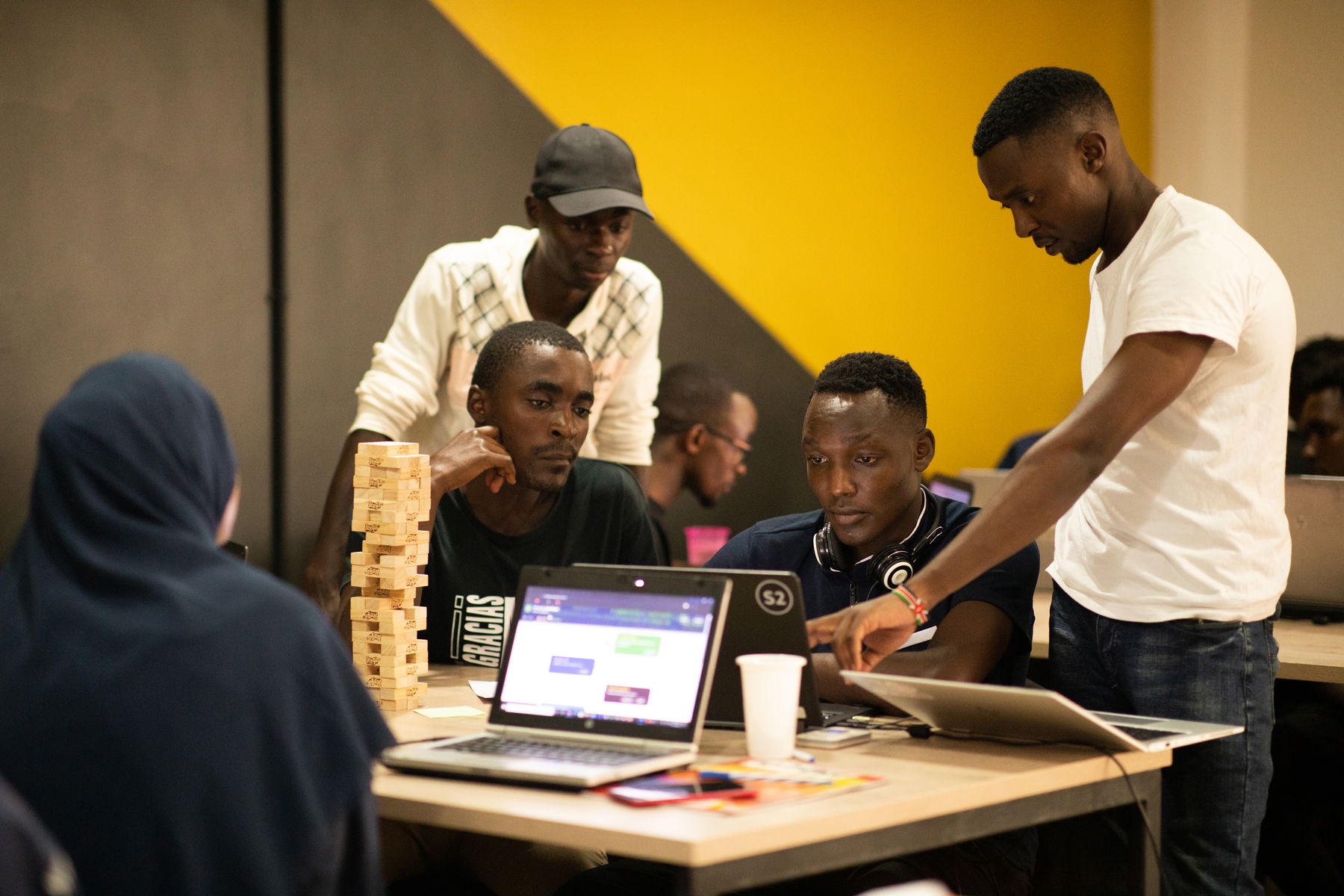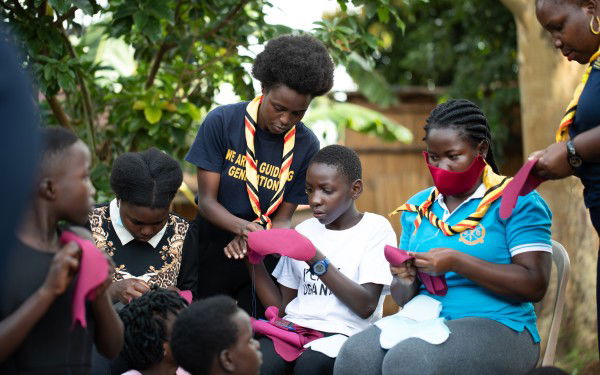The infant mortality rate fell significantly after nurses gained new knowledge


As a result of the exchange of knowledge and routines, infant mortality at Mnazi Mmoja Hospital on Zanzibar fell from more than 40 percent to 12 percent.
As a result of the exchange of knowledge and routines, infant mortality at Mnazi Mmoja Hospital on Zanzibar fell from more than 40 percent to 12 percent.
“When I was on exchange, I learned how important routines are when treating new-born and premature babies,” says nurse Salma Khamis Mohammed from Zanzibar.
Haukeland University Hospital and Mnazi Mmoja Hospital on Zanzibar have been partners for a number of years. They have worked on exchange of expertise within internal medicine, medicine for addicts, paediatrics and medicine for new-born infants.
Salma took part on an exchange and spent time at Haukeland University Hospital. When she returned to Zanzibar in 2018, she was assigned responsibility for all nurses in the neonatal ward.
“I learned a lot at Haukeland. I learned about communication, new tools, diagnoses, treatments and new ways of working. When I returned home, they wanted me to take responsibility and put my new knowledge to use,” she says.
Changes became evident in just 12 months
Gunn Elin Veivåg is a nurse from Haukeland University Hospital and has been on several exchanges to Zanzibar, where she has witnessed developments with her own eyes.
“It’s so rewarding to see the changes. When we first started with exchanges in October 2011, around 40 percent of all babies in the neonatal ward did not survive. In just one year, mortality fell to around 12-15 percent,” she explains.
Both nurses have seen what minor changes and enhanced knowledge can do despite international borders and different cultures.
One of the biggest differences between hospitals in Norway and Zanzibar is the staffing ratios.
“Whereas in Norway, one nurse is dedicated to each premature baby, nurses on Zanzibar are responsible for many patients. It’s obvious that the nurses in Norway and Zanzibar face different challenges,” says Salma.
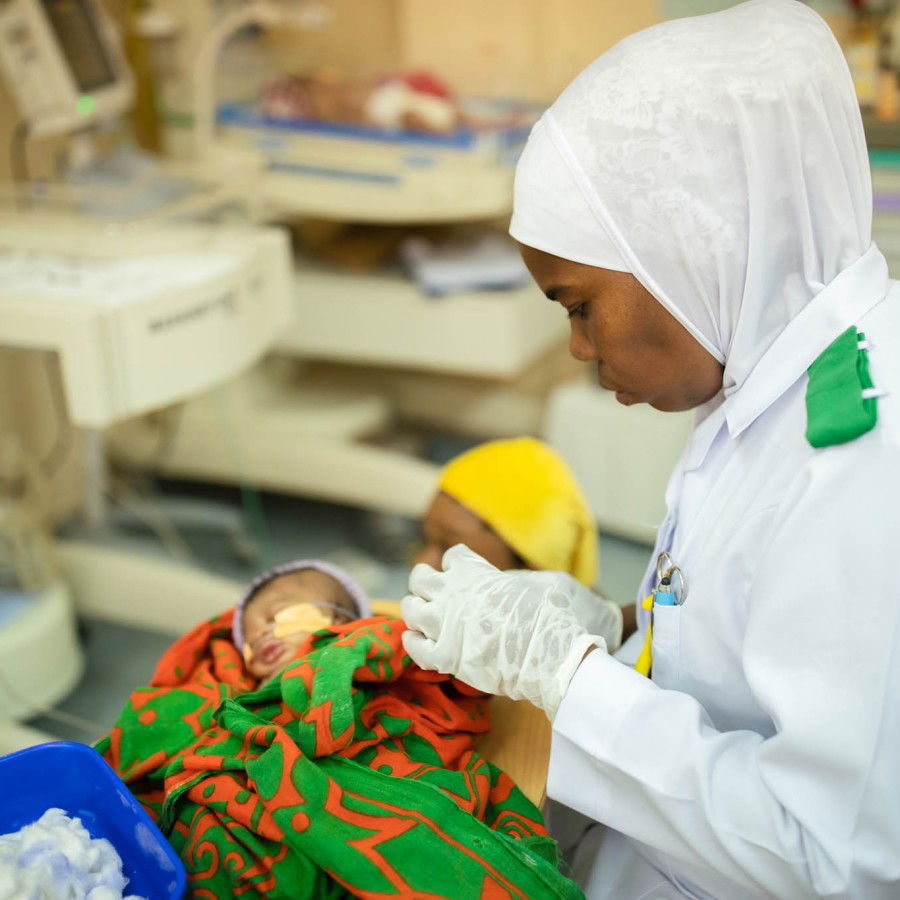
Lack of equipment and training
In 2011, the hospital on Zanzibar lacked both equipment to care for new-born babies, and the knowledge of how to use what equipment they did have. For example, they had incubators, but the employees had not been taught how to use them.
The first time Gunn Elin Veivåg took an infant’s temperature, the baby’s body temperature was 32.6 degrees, despite the fact that the baby was in an incubator.
“These babies were basically freezing to death because the nurses didn’t know how to use the incubators, and because the babies didn’t have warm blankets and hats,” she explains.
Newborn and premature babies lose body heat quickly and need to be in an environment with a regular high temperature. The exchange participants made sure to have knitted woollen hats and woollen blankets sent from Norway.
Routines established
The neonatal ward also lacked equipment such as oxygen concentrators, and had no system for follow-up and no observation routines.
“We had oxygen concentrators installed, but more important was the overall care where nurses observe temperature, pulse and oxygen saturation at regular intervals. Taking action based on these observations is extremely important for such small babies,” explains Gunn Elin Veivåg.
The infant mortality rate fell substantially over only a few months, and is now stable at around 12 percent.
“I didn’t think the mortality rate would fall so quickly. We didn’t really make any radical changes,” she says.
Small changes can have huge results
Coordinator Sabra Khamis confirms that minor changes produced major results.
“The exchanges have provided improvements in patient care in many wards. We learn so much from each other, both purely practical knowledge, but also systems to help us provide better health care,” she says.
Head of Department for International Collaboration at Haukeland University Hospital, Jon Wigum Dahl, explains that the hospital in Bergen has had exchanges with Zanzibar since 2007, within a number of different disciplines.
Cooperation and exchanges over so many years allow us to achieve much better results.
“We have achieved numerous results due to our exchanges via Norec (and the former Fredskorpset or FK Norway). The new children’s clinic in Zanzibar opened five years ago. We received donations from the Norwegian embassy in Tanzania, from the Ministry of Health in Zanzibar and a private donation from Trond Mohn in Bergen to build the hospital. This was a direct result of the exchanges we have had with Norec for years,” confirms Jon Wigum Dahl.
Small changes have great impact on infant mortality
Norwegian nurses gained experience they never would have had in Norway
“I have gained a huge amount of training in CPR for newborns. I would never have had this opportunity in Norway, because the number of newborn infants there is so much lower than in Zanzibar. In addition, the number of babies born with complications and birth asphyxia (lack of oxygen before, during or after birth) on Zanzibar is unfortunately much higher than in Norway,” says Gunn Elin Veivåg.
Over the past 10 years, the experienced neonatal nurse at Haukeland University Hospital has spent several periods on exchange at Mnazi Mmoja Hospital on Zanzibar, a hospital that has around 16,500 newborn babies per year as of 2022.
Has become a better nurse
Gunn Elin Veivåg is in no doubt that the experience she has gained on these exchanges has made her into a much more skilled nurse.
“I’m better at making decisions, both professionally and clinically. I’m better at dealing with acute situations, and have gained a high volume of training in the treatment of ill babies and newborn infants with limited access to the equipment and diagnostics that we use in Norway,” she says.
Taking part on an exchange in a different country provides new knowledge within parts of medical care that are rarely experienced in Norway.
“Examples are CPR for newborn infants and babies, and tropical medicine. I’m also better at project planning and working independently,” says Gunn Elin Veivåg.
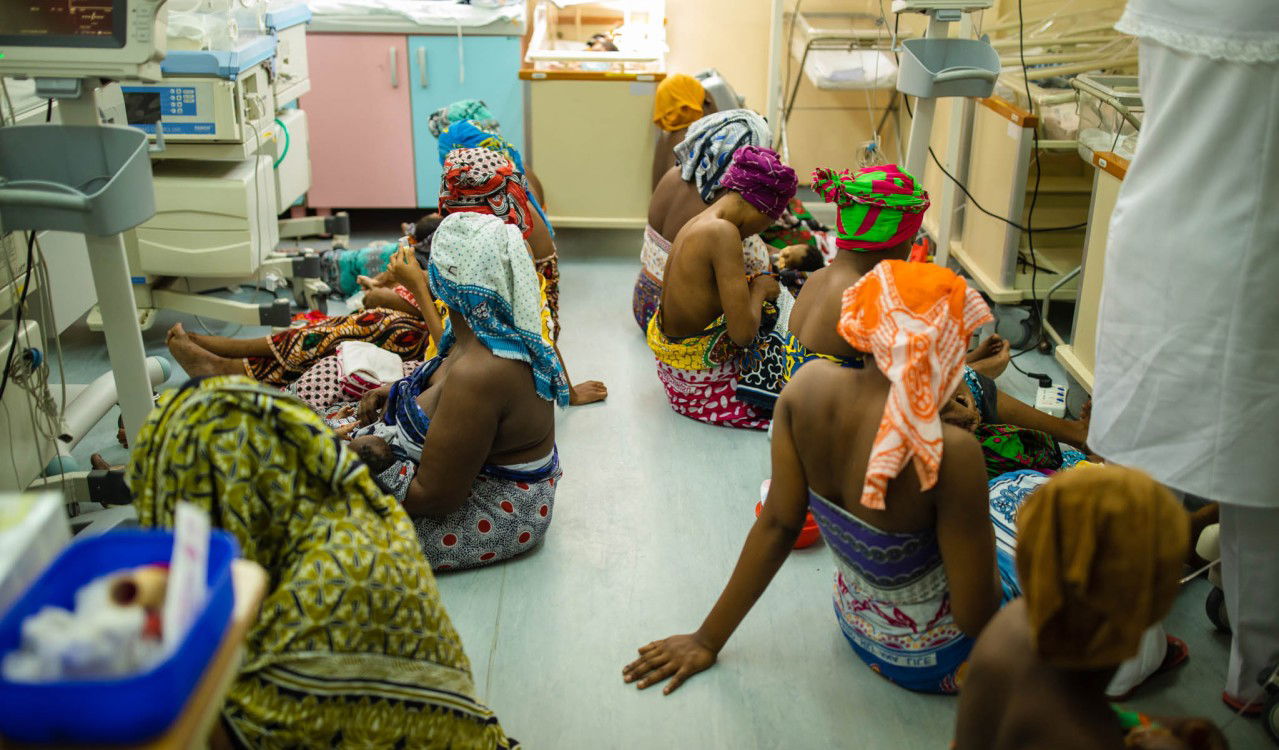
Gaining a deeper understanding
Working in a different country provides health personnel with the opportunity to gain knowledge of parts of medicine they do not see that much of in Norway, both in relation to diagnoses and methods.
“This results in nurses and doctors who are more confident in their own skills, evaluations and observations. And I believe that employees who have been on exchange come back with a greater appreciation of their workplace and the fantastic national health service we have in Norway,” says Gunn Elin Veivåg.
She points out that spending time abroad allows health personnel to develop an understanding of different cultures, important knowledge when working in Norwegian hospitals.
“We gain new expertise in how to meet and communicate with patients from other countries, particularly from the east coast of Africa, in terms of both cultural knowledge and language. This is important,” confirms Gunn Elin Veivåg.
The employees come into contact with diseases and diagnoses that are rare in Norway, and this makes us stronger as a hospital when they come back with such knowledge.
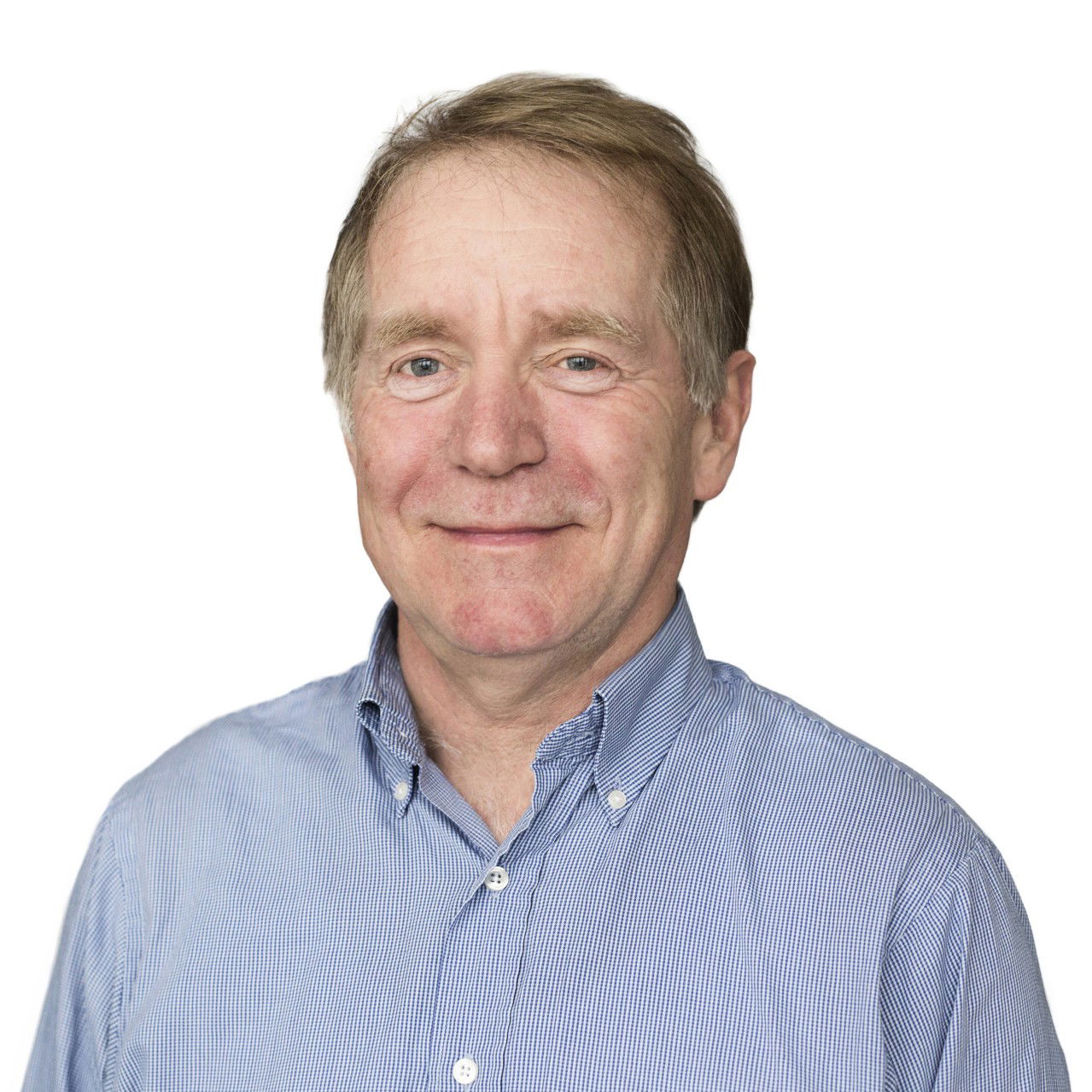
Significant improvements in existing skills
Head of Department for International Collaboration at Haukeland University Hospital, Jon Wigum Dahl, supports Gunn Elin Veivåg’s opinions.
“The people who go on exchange gain a high volume of training and exposure because the incidence of cases they experience is on a completely different level to that in Norway. They can really hone their skills, no matter what kind of medicine they are involved in,” he says.
He adds that exchanges also provide Norwegian health personnel with expertise within new fields of medicine.
“The employees come into contact with diseases and diagnoses that are rare in Norway, and this makes us stronger as a hospital when they come back with such knowledge,” he continues.
Having Norwegian health workers gaining experience in countries where they meet different cultures and religions is also advantageous for us when they come back to their workplace in Norway.
“We can see how this knowledge and experience are important, because a lot of patients at Haukeland University Hospital are from many different backgrounds. It’s so much easier for a patient to be met by someone who is familiar with their culture and religion, and this helps us provide better health care,” says Jon Wigum Dahl.
He also points out that the exchanges generate a very special level of commitment, and for Haukeland University Hospital, international exchanges help make the hospital a very attractive place to work.
“It is in fact a key factor for our recruitment, when people apply for jobs at Haukeland because they know they could have the opportunity to work abroad. In general, exchanges result in more motivated employees,” he concludes.


